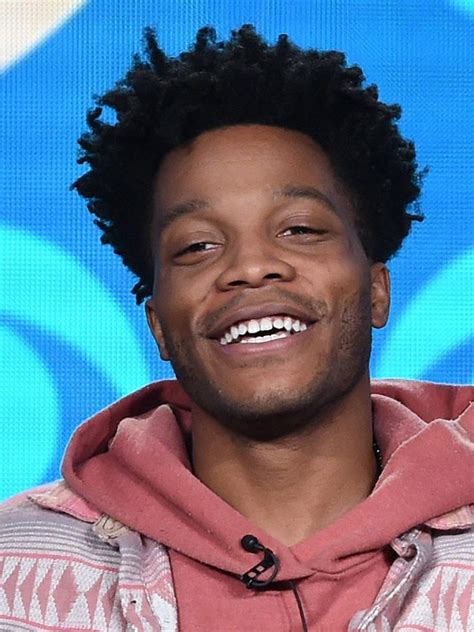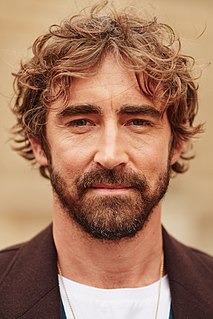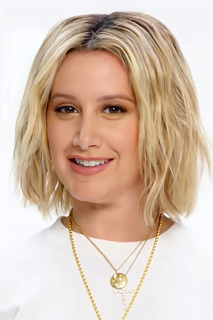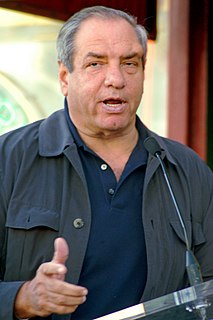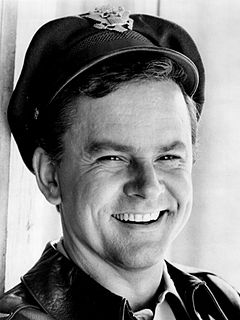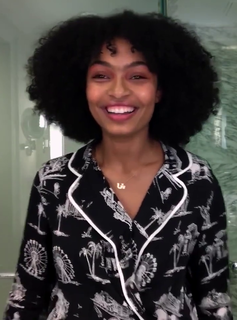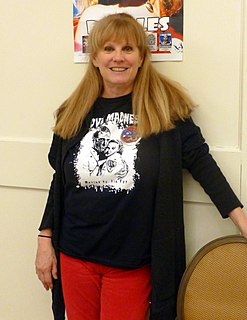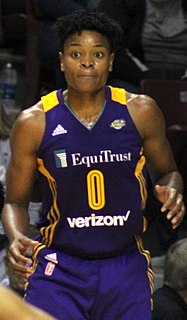Цитата Джермейна Фаулера
Я вырос, наблюдая, как люди и компании коммерциализируют Месяц черной истории. Я смотрел старые рекламные ролики McDonald's, и они затемняли рекламу в течение 28 дней, а затем возвращались к нормальному состоянию в марте. Меня это раздражало.
Связанные цитаты
Прослушивание для рекламы всегда было забавным, потому что это было началом моей карьеры, и я выяснял, как я буду изображать себя как актрису, а не как модель, потому что в начале 70-х модели были совсем другими. Обычно они не нанимали моделей для игры. Но я сначала снималась в рекламе, а потом работала моделью, так что все было немного по-другому.
Месяц черной истории посвящен героям, которые проложили путь чернокожим. Это очень важный месяц, потому что он дает тем, кому не хватает знаний о наших героях, шанс получить представление. Речь идет не только о месяце, речь идет о годах, которые потребовались нам, чтобы добраться до этого месяца, и это выходит за рамки того, насколько важен для меня Месяц черной истории.
